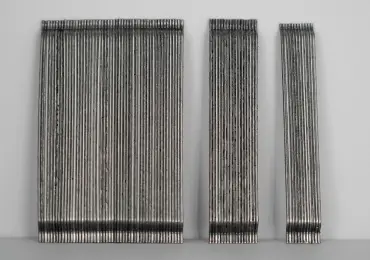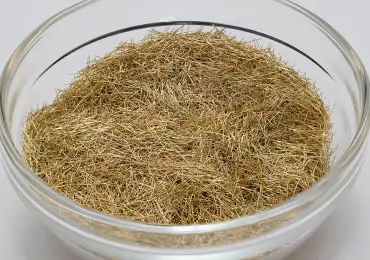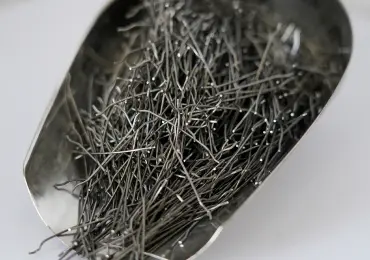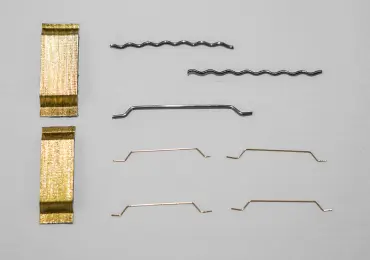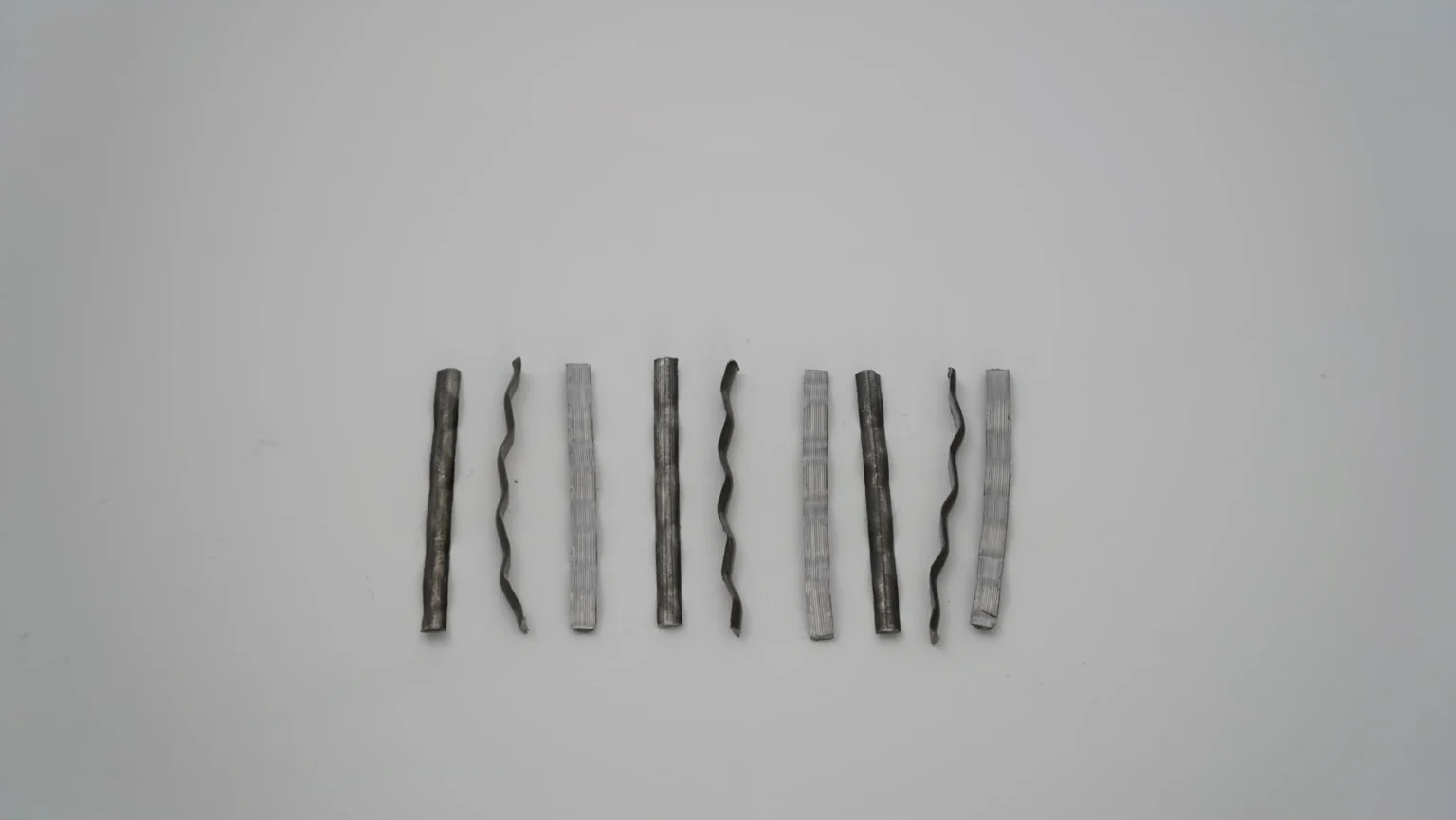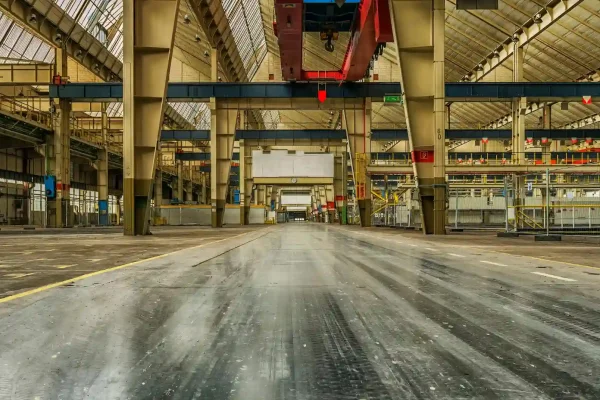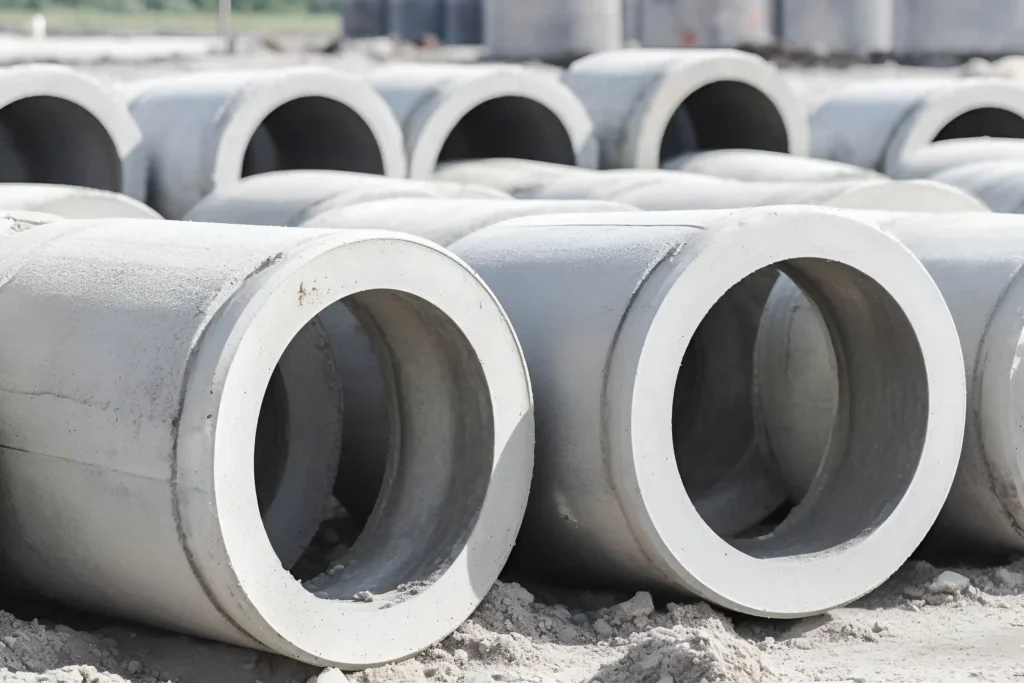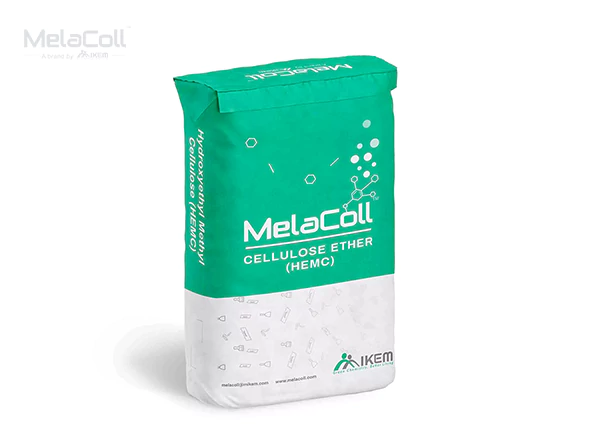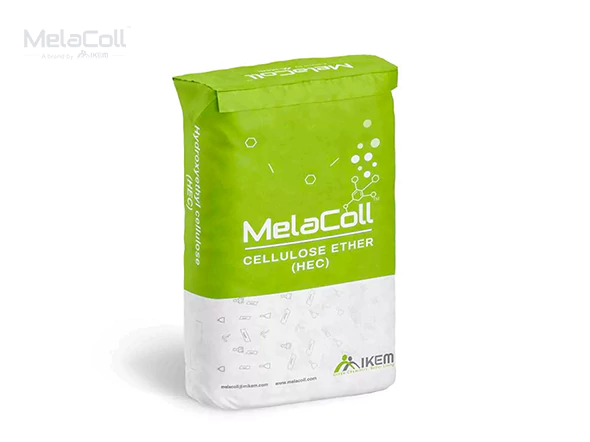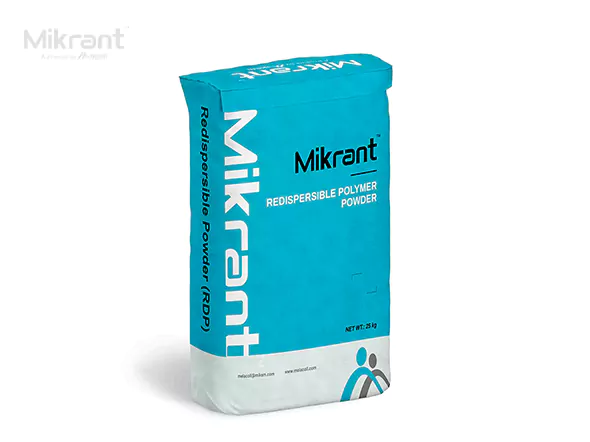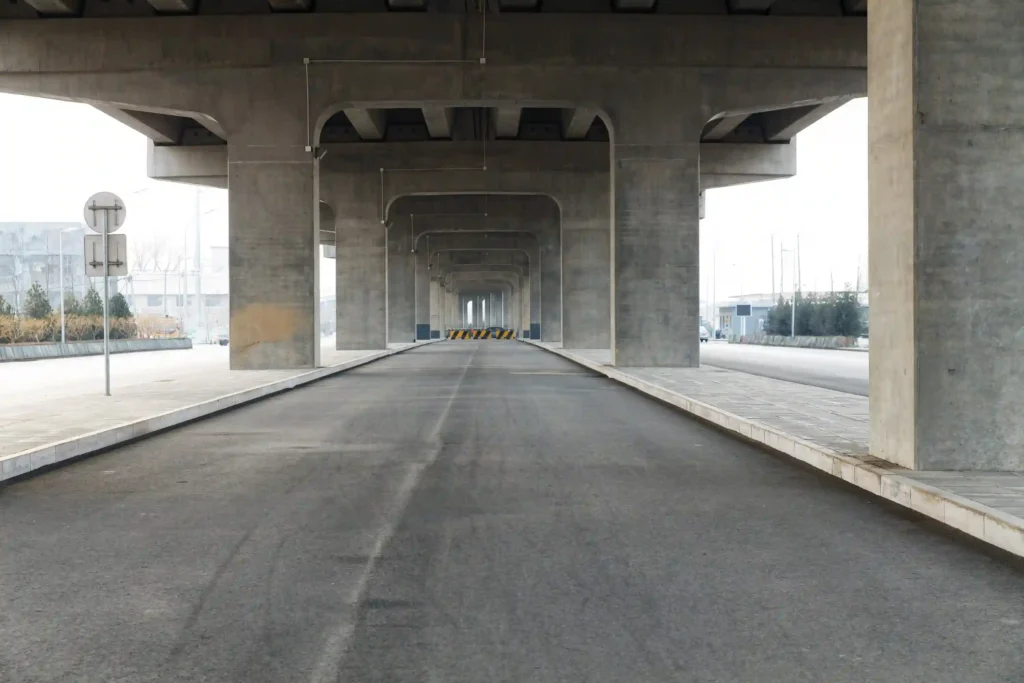Steel fiber and synthetic fiber are both used to make concrete stronger, but they are made from different materials.
Steel fiber is made from steel and is very strong and stiff, making it great for heavy-duty uses like industrial floors and tunnels.
Synthetic fiber is made from plastic materials like polypropylene and is lighter and more flexible. It’s often used to reduce small surface cracks and improve concrete durability. In short, steel fiber adds more strength, while synthetic fiber helps with crack control and flexibility.

